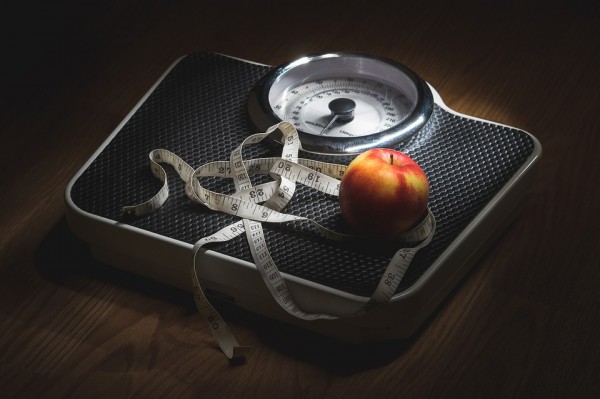
Children with obesity may be more impulsive than those with normal weight, but during family-based behavioral treatment (FBT), the more impulsive of children with obesity may lose more weight, a new study suggests. The results of the study will be presented in a poster on Sunday, March 18, at ENDO 2018, the 100th annual meeting of the Endocrine Society in Chicago, Ill.
FBT aims to change parent and child behaviors and is currently the recommended intervention for children with obesity.
"Our novel results indicate that impulsivity may be a risk factor for uncontrolled eating and excessive weight gain," said lead study author Christian L. Roth, M.D., professor of pediatrics at the Seattle Children's Research Institute in Washington. "Children who rated high in impulsivity had higher body mass index (BMI) measures and greater body fat mass compared to those who rated lower in impulsivity."
"However, we found that children with obesity who were rated as more impulsive prior to starting FBT had greater weight-loss success in the program compared to children with obesity who were rated as less impulsive," added co-author Kelley Scholz, MSW, research supervisor at Seattle Children's Research Institute.
At the beginning and end of their six-month FBT obesity intervention, the researchers tested 54 children with obesity and 22 healthy-weight children, all between 9 and 11 years of age. The authors rated the children for impulsivity using attention and inhibition tasks from the NEPSY-II (Developmental NEuroPSYchological Assessment) tests. The healthy-weight children did not take part in the FBT program but were tested at the beginning and end of the study along with the participants who had obesity.
At baseline, a larger proportion of children with obesity scored as high-impulsivity compared with healthy-weight children. Among children with obesity, those who scored high in impulsivity had higher BMI and greater fat mass.
The children with obesity and their families took part in 24 weekly FBT session that involved a meeting between the family and a staff member in a private room for about 30 minutes with discussion of issues specifically related to that family. Also, 45-minute parent and child group sessions were held in a large conference room.
The meetings focused on food, physical activity education and behavioral skills such as self-monitoring and environmental control, using praise and rewards to reinforce positive eating and physical activity.
The NEPSY-II inhibition test results predicted weight loss. Of the 40 children with obesity who completed the study, the 18 who were rated high-impulsivity had a greater drop in BMI than the lower-impulsivity obese children. Inhibition scores improved at the end of the FBT program, and the children whose inhibition scores improved most had greater drops in BMI and fat mass.



